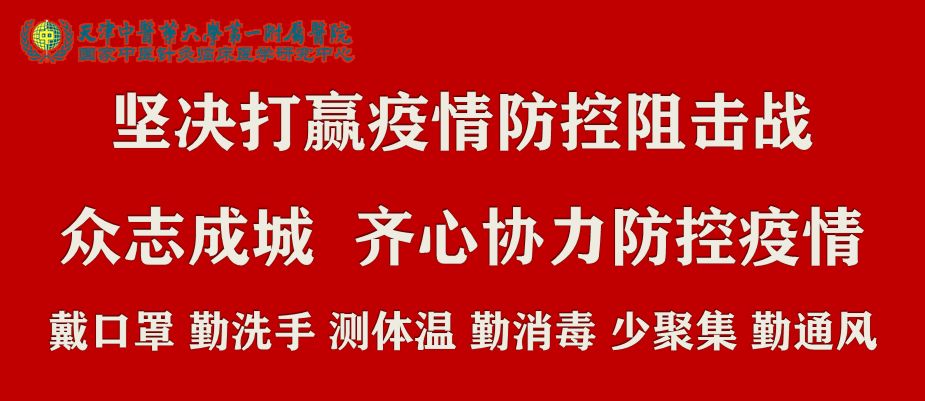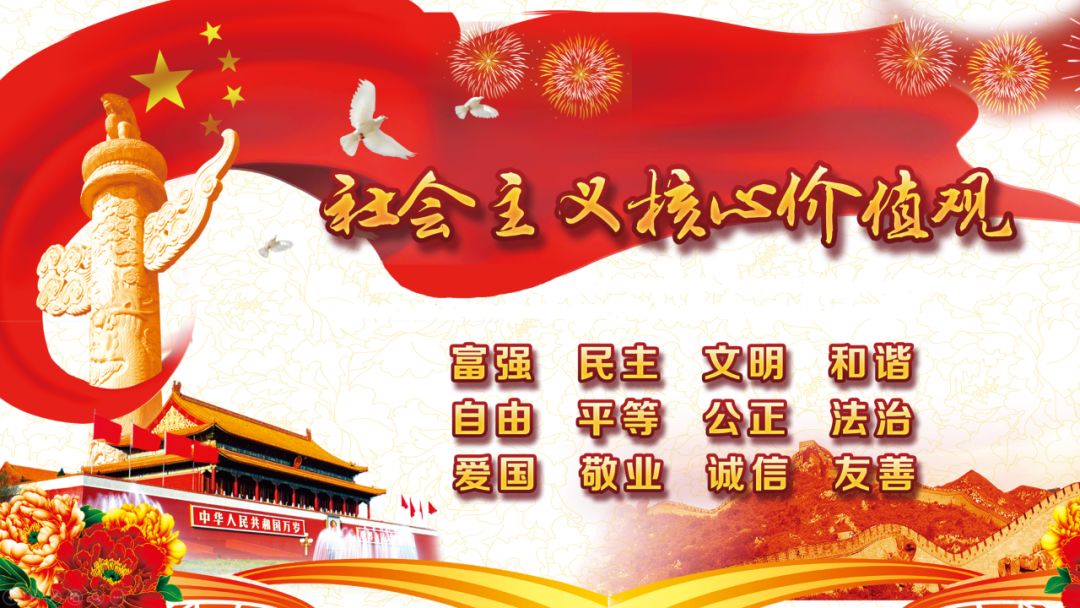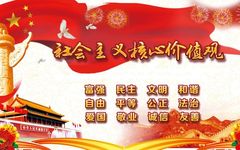
☞【Tianjin First Affiliated Hospital of Traditional Chinese Medicine Smart Outpatient Guide】☜☞【Mobile App for Checking Test Reports】☜Cardiology Department Liu Yu
According to traditional Chinese medicine (TCM) theory, humans experience seven emotions: joy, anger, worry, thought, sadness, fear, and shock. Normal emotional activities do not harm human health; rather, they help regulate the body’s balance. Emotional activities arise from the interaction of the internal organs’ essence and qi responding to external environmental factors. The essence and qi of the organs form the physiological basis for emotional activities. Since the human body is an organic whole centered around the five zang organs, the relationship between emotional activities and the essence and qi of the five zang organs is particularly close. However, excessive or insufficient emotional expression can lead to emotional problems, which in turn can cause various physical and mental illnesses.
Different emotions determine different levels of health. Negative emotions such as pain, anger, jealousy, anxiety, worry, and resentment can disrupt the balance of qi and blood in the organs, leading to weakness and illness. Conversely, positive emotions such as joy, tolerance, tranquility, and peace can help balance the five zang organs, smooth the meridians, and harmonize qi and blood. When the heart is harmonious, all organs are harmonious; thus, it is said that diseases arise from the heart, and treating diseases begins with treating the heart.
The Liver Corresponds to Anger
Excessive anger can cause liver qi to rise, resulting in symptoms such as flushed face, red eyes, headaches, and dizziness. People who frequently lose their temper may experience insomnia, decreased work efficiency, and memory loss. Those who are easily angered may have stagnant liver qi, which can also affect the spleen and stomach, leading to symptoms like loss of appetite, indigestion, and diarrhea. Liver qi stagnation may also lead to depressive emotions or endocrine disorders, such as irregular menstruation and skin issues like acne and pigmentation.
The Heart Corresponds to Joy
Excessive joy refers to extreme happiness or excitement, which can harm the heart qi. Normal joy brings mental pleasure, a cheerful mood, a rosy complexion, and quick thinking. However, excessive joy can lead to symptoms such as palpitations, anxiety, vivid dreams, forgetfulness, and dizziness, which is often referred to as “too much joy brings sorrow.”
The Spleen Corresponds to Thought
Excessive worry or unresolved thoughts can lead to qi stagnation and damage the spleen’s function. In TCM, the spleen refers to the digestive system’s ability to absorb nutrients and fluids, leading to symptoms such as loss of appetite.
The Lung Corresponds to Sadness
Sadness can easily deplete the body’s righteous qi and damage lung function. When lung physiological functions are abnormal, individuals may experience excessive emotional fluctuations related to sadness. During periods of extreme sorrow, symptoms such as changes in breathing rate, dry cough, shortness of breath, and hoarseness may occur.
The Kidney Corresponds to Fear
Fear is closely related to the kidneys. TCM holds that the kidneys store essence and govern excretion. Excessive fear can deplete kidney qi, potentially leading to sudden fainting or incontinence.
The above content is for health education and learning exchange only.
●You Might Also Like ●
● Understanding Hepatitis B, Scientific Prevention and Treatment
● Should Liver Cysts, Hemangiomas, and Calcifications be Treated?
● Clinical Manifestations of Liver Cirrhosis
● Alcoholic Liver Disease
● Don’t Ignore Fatty Liver!
● What to Do if Gallstones or Polyps are Found During a Checkup?



